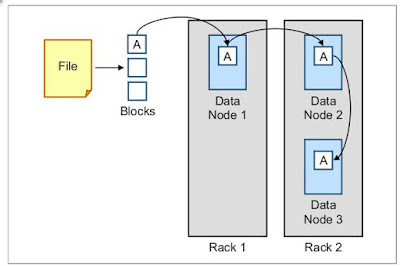Revolutionizing Communication: Big Data's Impact on AI-Powered Chatbots
Introduction:
Section 1: Big Data and AI-Powered Chatbots Intersection
- Big Data: Big data represents the vast quantities of structured and unstructured data generated daily by people, organizations, and machines. It originates from diverse sources, including social media, customer interactions, and online documents.
- AI-Powered Chatbots: AI-powered chatbots involve NLP algorithms and machine learning models that enable computers to understand, interpret, and generate human language, facilitating natural and contextually aware conversations.
- Synergy: The abundance of big data serves as the foundation for training and refining AI-powered chatbot models, leading to improved understanding, personalization, and effectiveness.
Section 2: Impact of Big Data on AI-Powered Chatbots
- Contextual Understanding: Training on diverse datasets exposes AI-powered chatbots to a broader range of conversations, enhancing their ability to understand context, sentiment, and nuances in human language.
- Personalization: Big data enables chatbots to learn from individual customer preferences, history, and behavior, delivering tailored recommendations, support, and interactions.
- Continuous Learning and Improvement: Leveraging big data allows AI-powered chatbots to learn from real-world interactions, adapt to new trends, and refine their performance over time.
- Multilingual Capabilities: By analyzing data from various languages, AI-powered chatbots can develop multilingual capabilities, expanding their reach and utility.
Section 3: Overcoming Challenges and Ensuring Success
- Data Privacy and Ethics: Responsible use of data is crucial, especially when dealing with sensitive customer information. Adhering to privacy regulations and ethical guidelines ensures the sustainable development of AI-powered chatbots.
- Quality and Relevance of Data: High-quality, relevant datasets are essential for training accurate and effective AI-powered chatbot models. Investing in data preprocessing and curation is crucial.
- Evaluation Metrics and Continuous Improvement: Establishing robust evaluation metrics and regularly assessing chatbot performance against these benchmarks ensures ongoing refinement and enhancement.
Conclusion: The intersection of big data and AI-powered chatbots has revolutionized customer interactions, enabling businesses to engage with customers in more personalized, efficient, and natural ways. By harnessing the power of big data, developers can create chatbot models that understand, interpret, and generate human language, driving innovation across industries. As the volume and variety of data continue to expand, the potential for AI-powered chatbots to transform customer communication will only grow.




Comments
Post a Comment